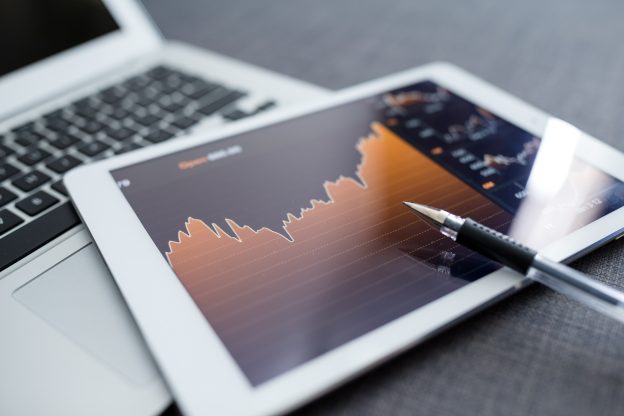As part of Biden’s US$1.2 trillion infrastructure bill last year, the Department of Energy will invest US$2.91 billion into the construction of a comprehensive supply chain for li-ion batteries and other energy storage technologies, in turn reducing the US military and US enterprises’ potential of being affected by global activities or foreign suppliers in the future development of EVs or military equipment.
For the past two decades, the US Department of Energy has committed substantial investment in energy storage technologies, but the US$2.91 billion investment this time is unique in that it is solely allocated to the creation of a comprehensive li-ion battery supply chain that spans the whole gamut from raw materials to manufacturing to recycling. In light of international competition among major countries, the Department of Energy hopes that such an initiative can massively reduce the US’ reliance on global supply chains.
Due to a preexisting reliance on global supply chains, the US rarely mined the massive amounts of domestic lithium ore. Part of the investment stipulates an increase in domestic lithium mining. Furthermore, in order to mitigate the environmental harm from mining operations, the latest state-of-the-art mining technologies will be adopted. For instance, starting in 2024 “[g]eothermal brines in California’s Salton Sea could be future sources of lithium in the US”.
The Department of Energy indicates that the development of EVs and various green energy industries in the past few years has led to a surge in demand for raw materials used in the production of batteries, such as lithium, cobalt, nickel, and graphite. The investment in a domestic li-ion battery supply chain will allow the US to control the source of raw materials used in the production of li-ion batteries and other energy storage technologies, in addition to controlling the manufacturing process itself, thereby ensuring the US’ energy independence, national security, and enterprise competitiveness, while also providing new momentum for the growth of the domestic economy.
In 2021, the US Departments of Energy, Defense, Commerce, and State formed the FCAB, or Federal Consortium for Advanced Batteries, which subsequently created the National Blueprint for Lithium Batteries, a blueprint that served as the first US government-drafted policy that guides the domestic development of li-ion batteries. In this blueprint, the Department of Defense indicated that an independent li-ion battery supply chain is crucial to the development of new equipment and maintenance of national security.
At the moment, the US military spends as much as US$200 million on batteries used in infantry communication devices, night vision equipment, and various sea, land and air transports. This figure does not include funds spent on purchasing various custom batteries by various labs working on special projects under the auspices of the Department of Defense. Therefore, if the US is able to somehow operate a comprehensive li-ion battery supply chain, then it will be able to maintain long-term combat capabilities.
On the other hand, the US military’s attitude towards EVs has gradually transformed from conservative to proactive. Given that a growing body of research shows that adopting HEV systems for armored vehicles yields annual savings equivalent to more than 30% in fuel costs, the military is currently collaborating with JLTV manufacturer Oshkosh to perform various tests for electric JLTVs.
If the US gradually builds up a domestic li-ion battery supply chain, then the country is expected to leverage its ability to supply such batteries as a bid for more influence over its allies during competitions among major countries going forward.
(Image: Oshkosh Defense)







